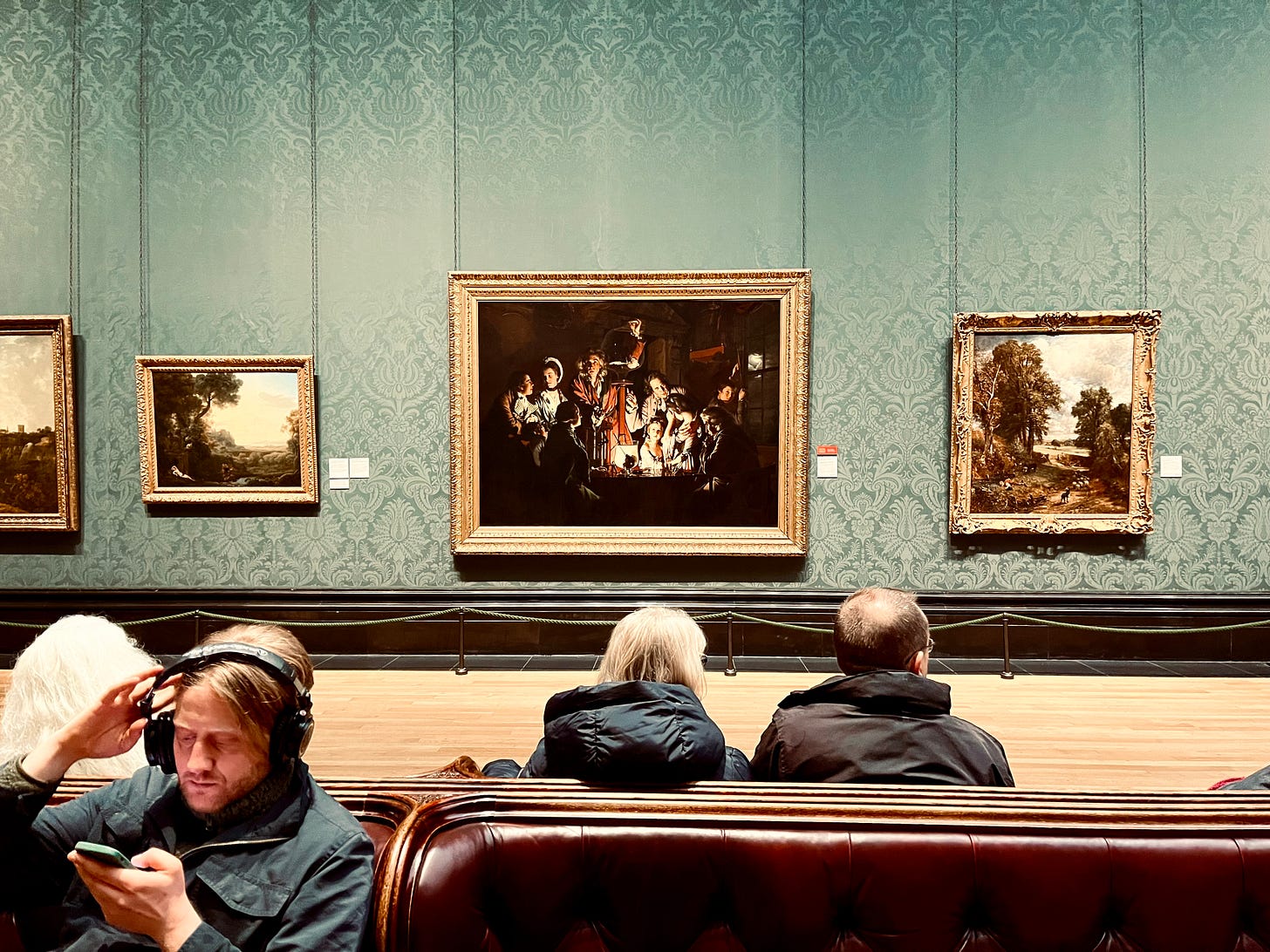🍂 Footnotes #3 | How to Measure Your Life?
In this edition: W.G. Sebald, Anaïs Nin, Arthur Rimbaud, Alexander the Great and others.
💭 Word of the week: Oubaitoree [Japanese] - meaning every flower blossoms at its own season. It’s an ancient Japanese idea which consists of four kanji: Cherry, Plum, Peach, and Apricot.
"You must listen to the elderly; they're always right." - I used to hear as a kid. "Never disrespect those older than you. They've lived a life, they know what they're…
Keep reading with a 7-day free trial
Subscribe to Genius & Ink 🖌 to keep reading this post and get 7 days of free access to the full post archives.




